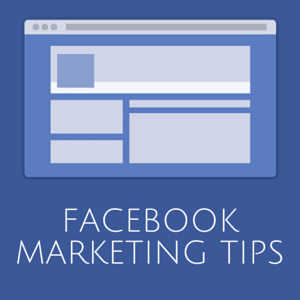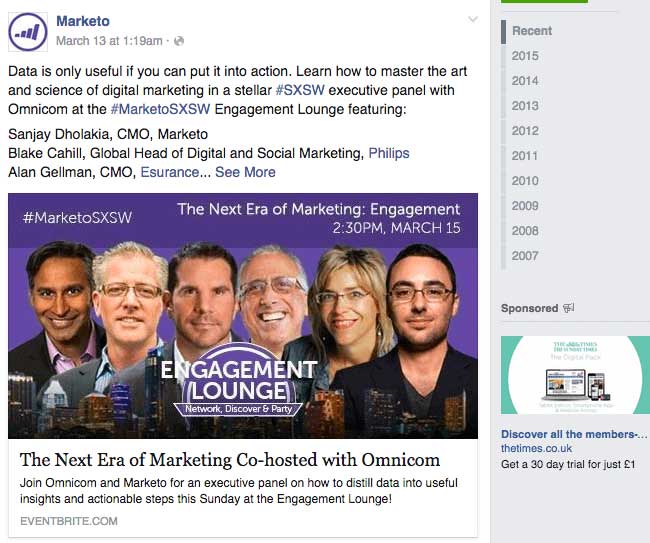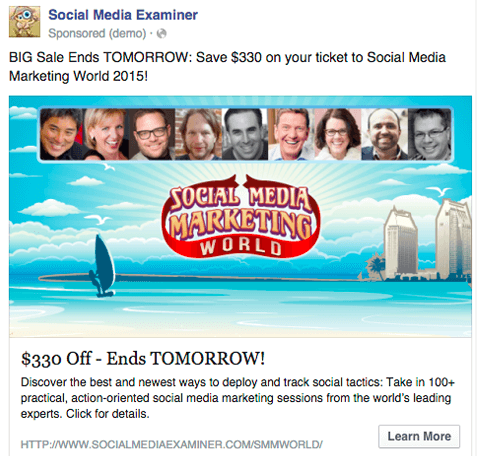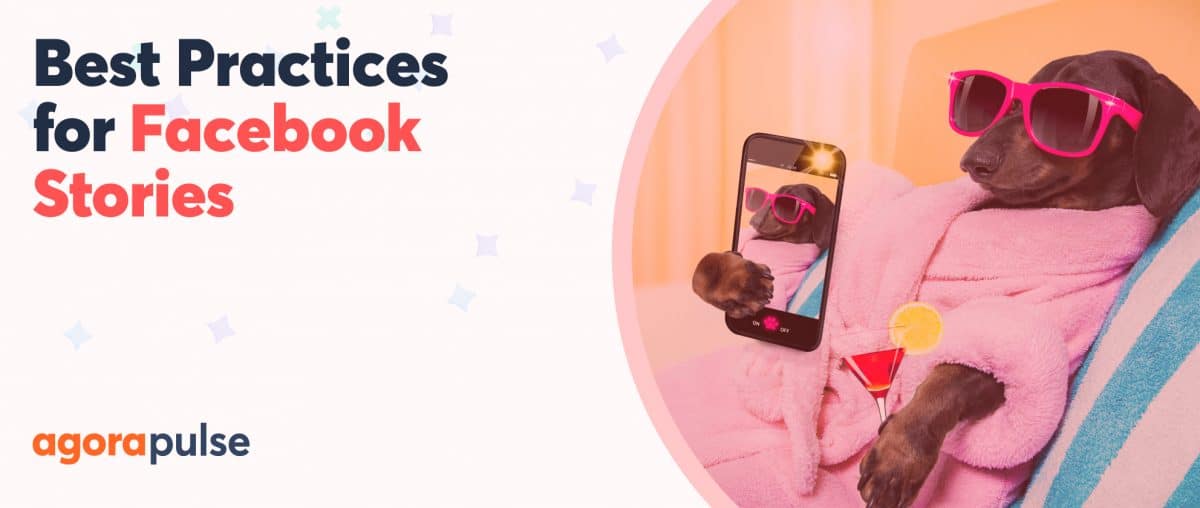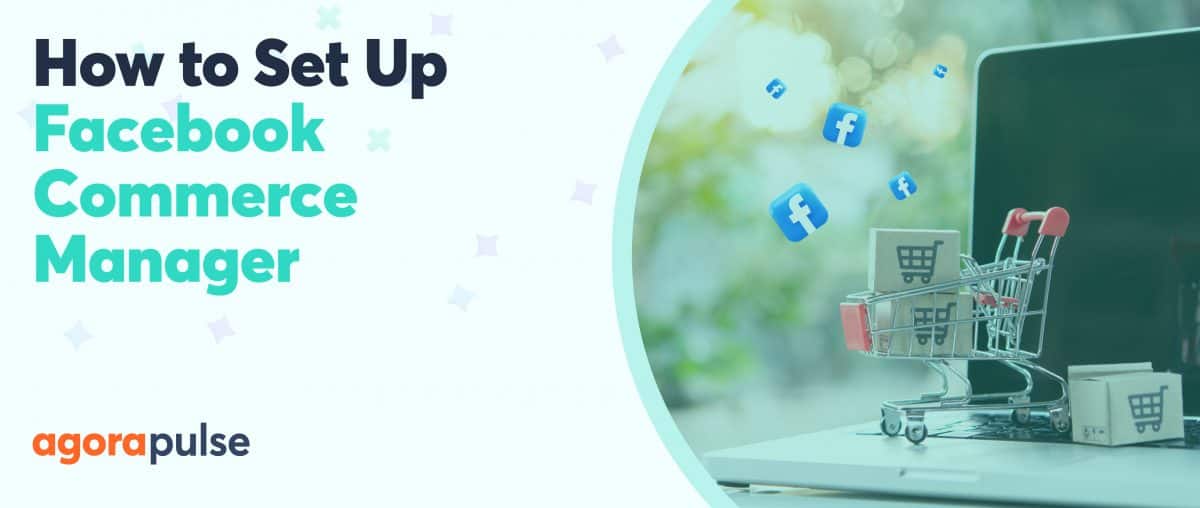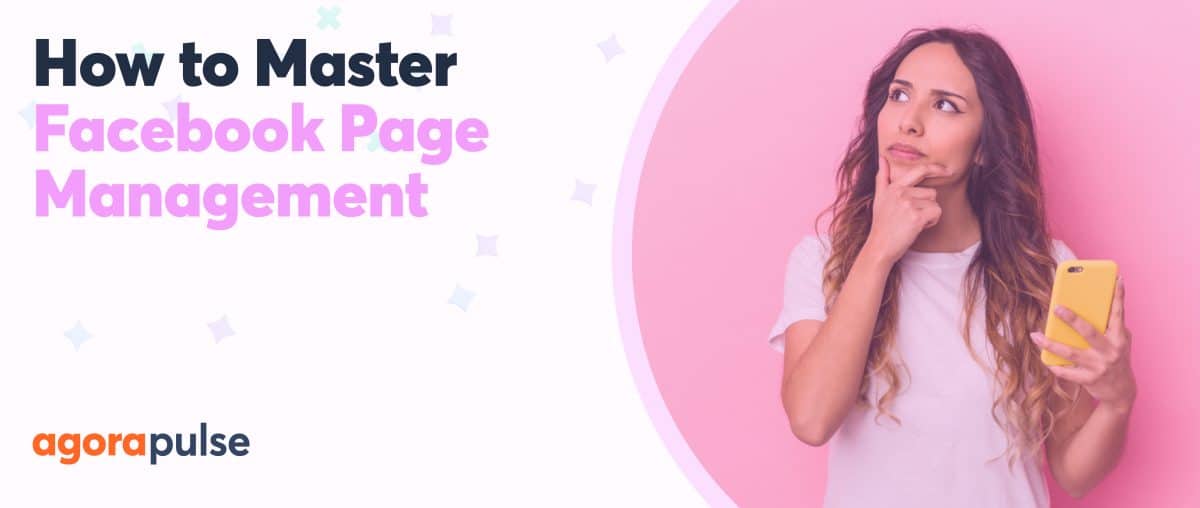If you’ve ever worked in events, you know how grueling they can be.
There’s more than a few moving parts, speakers drop out and venues fall through, and you always seem to face the worst problems just as the keynote is just five minutes away. But the business return – and the excitement of it all, frankly – make the whole thing worth it.
Still, why should it harder than it has to be?
Unfortunately, you can only do so much about onsite problems. Things happen that you don’t expect; it’s part of life. But you can make the marketing process better. You can do it cheaper and faster. You can actually reach those pain points. And Facebook is the best way to do it.
So today, that’s what we going to talk about. We’re going to teach you 5 best practices for Facebook event marketing, so you can get a return on your conference investment.
Related Post: Facebook 101
1. Create a Facebook Event for Your Conference
This might seem like common sense, but so many good marketers just don’t do it. They may get the other parts right – like promoting their conferences on their Facebook pages – but they miss this very obvious thing.
The process is simple and the time commitment is small. It really only takes 5 minutes of your time to do it.
And for your (modest) effort, you’ll get a few great things. You can invite attendees easily from your Facebook friends list, which makes them significantly more likely to sign up. Then, all of your attendees will get reminders as your conference gets closer so they don’t forget, and they’ll have the option to invite their friends as well.
The best part of it all, however, might be that you effectively get a free newsfeed placement. Whenever somebody signs up for your event on Facebook, it’s posted to their wall for their friends to see. Their friends may even see it, too. You’re getting high-traffic ad space absolutely free, and you’re getting their friends – who they trust – to deliver those ads for you.
Not a bad deal.
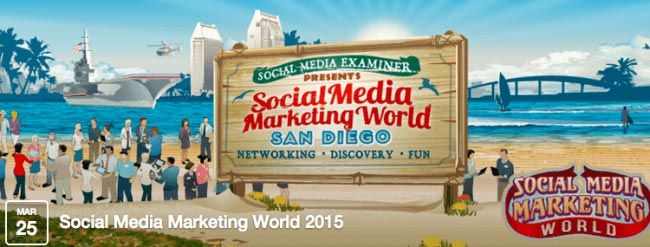
Social Media Marketing World 2015 created a particularly effective page for their event. Be sure not to miss it!
[Tweet “When making a FB event page for your conference, using your existing creative. Saves time and $.”]
2. Promote Your Conference on Your Facebook Page
This should also go without saying, and thankfully most people already do it, but they may not be doing it effectively.
When you post about your products on Facebook – whatever it is you’re selling – you don’t hard-sell. At least, I hope you don’t. Because hard-selling turns your page into a glorified billboard, and your engagement will suffer for it. Instead, you should be talking about the things that matter to your community. If you sell motorcycles, talk about the lifestyle, the best roads to bike, and tips for limiting crash injuries.
Those topics are brand agonistic, so people read them more. They’re trustworthy.
Similarly, you should be talking about what your event can do for your fans. If you’re holding a B2B educational event, post a few take-aways from one of your sessions. Give them a preview of what they’d learn. You can market a bit as well – tagging, hashtags, etc. – but focus on providing value to your fans. It might just be entertainment, but that’s much better than simply yelling at your fans to come to your conference.
[Tweet “Always include a registration link in your posts. Make sign-ups easy.”]
3. Install the Facebook Comments Plug-In
Chances are, your conference has a website or a least a webpage devoted to it. You might even run a blog about your preparations for the show.
Whatever it is, that’s an opportunity for engagement. And even if you have a comments section already, you’re holding yourself back if you don’t use the Facebook comments plug-in to support it. Not only does it come with the functionality of the Facebook commenting system, it also posts those comments on Facebook itself.
That’s free advertising.
You want people to talk about your conference and you want people to see them talking about your conference. It creates awareness, it creates buzz, and it ultimately gets you more registrations.
So, take a look at the plug-in and make a point of installing it.
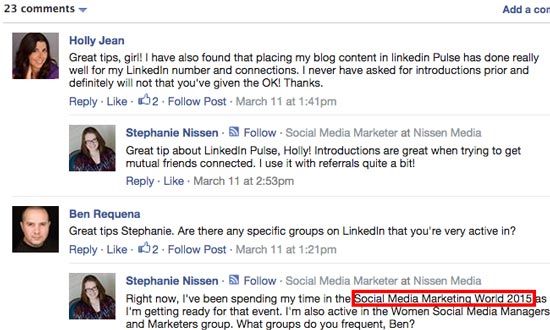
This is from the AgoraPulse blog and the post isn’t even related to an event, but Social Media World 2015 came up. That’s free Facebook advertising.
[Tweet “Whenever you blog about your conference, use the Facebook Comments Plug-In for more exposure.”]
4. Hold Contests
Holding contests on Facebook to market a conference works. Just make sure you stay relevant.
This is less important in terms of the kind of contest you run – quiz, sweepstakes, etc. – but what you ask your entrants to do and the prize you offer do matter. Naturally, giving away tickets works. It always has. But asking your entrants to do something entirely unrelated to the conference to get them, or awarding the person who likes your posts the most, will feel insincere.
Thankfully, you have quite a few options. Quiz people on their email marketing knowledge if you’re holding an email marketing conference. For sessions on QR codes, run a photo contest to see who can find the most inventive use of one.
Whatever it is, make it relevant, make it engaging, and make it the kind that gets you more registrations.

The conference is about solar power, so their contest asked about solar installations. It’s relevant and it encourages interest in the solar industry.
[Tweet “Make sure your contests and prizes are relevant to your conference. Or you’ll be seen as gimmicky.”]
5. Run Facebook Ads
Finally, you should run ads to promote your conference. Frankly, you should be running ads anyway – they’re demonstrably effective – but if you’re not then now is the time to start.
Just think about reach. You only have so many fans you can post to. You only have so many email addresses you can blast to. You need more.
Take partner categories. They’re buyer personas developed from offline purchasing data. If you’re holding a conference for start-ups, you might want to go after people in younger age groups and lower income brackets. There are partner categories for them. And if you want an executive presence, just look at who’s checked in a luxury hotel recently or bought a new sports car. There are partner categories for them too.
Of course, you may simply want to get the word out to Facebook users whose interests are a match for your conference. Whatever route you take, you can drive it faster with Facebook ads. And when you compare the costs of traditional media – television commercials, radio spots, etc. – to what a few Facebook ad campaigns would cost, it’s almost literally night and day.
Facebook has always been good for marketing brands, products, and services, but it works for events as well. It’s just a matter of doing it right.
So, let us know how you marketed your last conference on Facebook. Do you prefer contests or ads? Do you simply create an event on Facebook and let it be?
